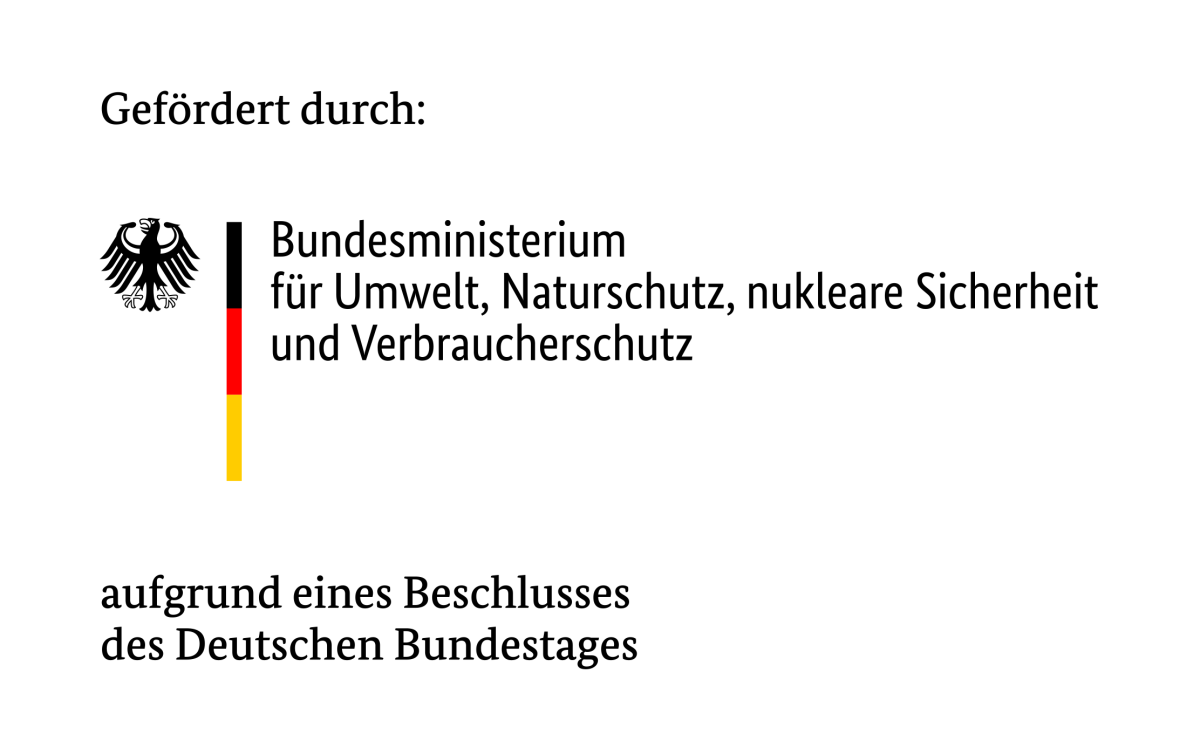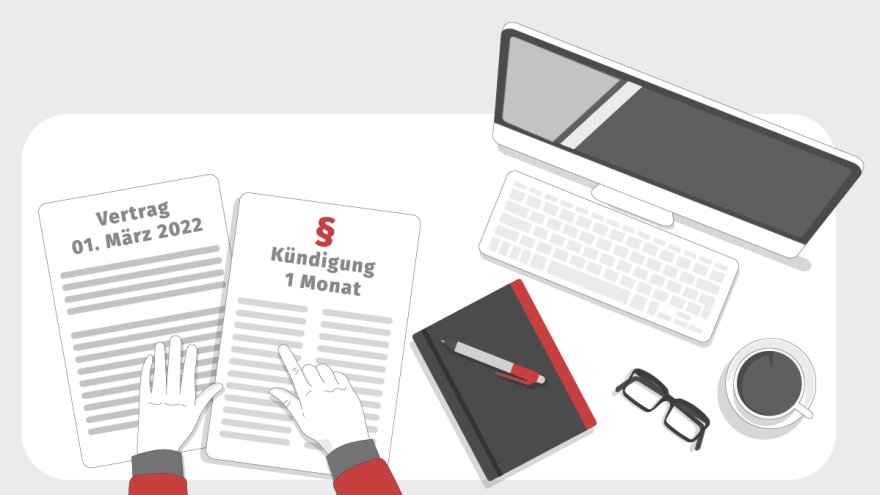Summary of the most important information:
- Consumers are better protected against overlong contract renewals, which they could often not get out of quickly in the past.
- Regulations for fairer consumer contracts came into force on March 1, 2022. They ensure that customers can end automatically subscription renewals for the regular delivery of goods and services (such as streaming services or magazine subscriptions) more quickly.
- On July 1, 2022, a cancellation button was additionally introduced to simplify the cancellation processes.
- The button is complemented by the obligation to confirm receipt of cancellation. With this, you can be certain that your notice of cancellation was received.
- Energy supply contracts concluded over the phone must also be confirmed in writing (for example by letter, e-mail or text message). This makes it more difficult to slip you a contract over the phone.
Overview of the new contract regulations
The Fair Consumer Contracts Act ("Faire-Verbraucherverträge-Gesetz") strengthens the rights of consumers. The new contract regulations aim at preventing contracts that were foisted on consumers as well as overlong contract renewals – for example for streaming services. In addition, the introduction of the online cancellation button expands and simplifies consumers’ cancellation options. This way, you can cancel a contract as easily as you can conclude one.
1. Automatic contract renewals
A lot of providers try to retain customers in the long term by automatically renewing their contracts and subscriptions. The Fair Consumer Contracts Act has finally put an end to overlong automatic renewals that consumers were often unable to get out of quickly. For many contracts, tacit contract renewals in the terms and conditions are only permitted if the contract is extended for an indefinite period and consumers are given a cancellation period of no more than one month.
For you, this means that – once your original contract term has ended – you can, if you would like to, get out of the contract no later than one month after your provider has received your cancellation.
Please note: For contracts that were concluded before March 1, 2022, the old regulation still applies (automatic contract renewals of up to one year). Therefore, you will need to cancel your contract in good time if you want to get out of an old contract that will be extended for a longer period!
For telecommunications contracts, such as mobile phone or landline contracts (link only available in German), the changes have already been in force since December 1, 2021 and apply to both new and existing contracts. Amongst others, insurance contracts are exempt from these rules on contract renewals.
2. Reduced cancellation periods
The cancellation period for contracts – for example for training classes at a gym – has been reduced. Instead of the previously possible 3 months, you can now end contracts with a maximum cancellation period of 1 month before the end of the initial contract term.
Amongst others, insurance contracts are excluded also here.
3. Online cancellation button
Most providers make it very easy for customers to conclude new contracts online. Cancelling a contract online, on the other hand, is often more complicated. The introduction of the online cancellation button is intended to make it easier for you to cancel long-term contracts, such as mobile phone contracts.
In addition, after cancelling your contract via the cancellation button, you must immediately receive an electronic confirmation of receipt, for example via e-mail. This way, providers cannot claim that they have not received your cancellation.
Companies had to introduce the cancellation button by July 1, 2022. The button needs to be easily accessible on the company’s website, in other words without requiring a login and cannot be located in the customer area.
This also applies to contracts that were concluded before July 1, 2022, and to contracts that were not concluded online, for example in a retail store.
Some websites such as those that offer financial services are exempt from the regulations regarding the cancellation button.
4. Confirmation for contracts that were concluded over the phone
The Verbraucherzentrale continues to receive a lot of complaints from consumers who, after a telephone call, were unwittingly given a contract that they never wanted to enter. The Fair Consumer Contracts Act includes the introduction of a written consent for electricity and gas contracts.
For you, this means that a contract of this kind can no longer be concluded over the phone, but only in writing, for example via e-mail. This gives you the opportunity to check the contract as well as its terms and conditions at your leisure. A telephone call alone will no longer lead to the conclusion of a contract.




